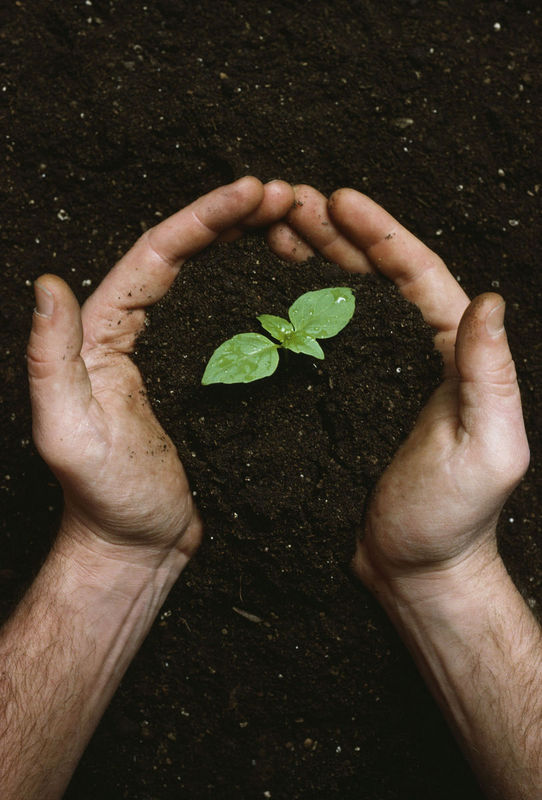
Tu BiShvat, the "New Year of the Trees," is observed on the 15th day of the Hebrew month of Sh’vat.
Tu BiShvat is not mentioned in the . Scholars believe the holiday was originally an agricultural festival, corresponding to the beginning of spring in Israel. But a critical historical event helped Tu BiShvat evolve from a simple celebration of spring to a commemoration of our connection to the land of Israel. After the destruction of the Second Temple in 70 C.E. and the exile that followed, many of the exiled Jews felt a need to bind themselves symbolically to their former homeland. Tu BiShvat served in part to fill that spiritual need. Jews used this time each year to eat a variety of fruits and nuts that could be obtained from Israel. The practice, a sort of physical association with the land, continued for many centuries.
The 16th- and 17th-century kabbalists (mystics) of Israel elaborated on those customs, creating a ritual for Tu BiShvat somewhat similar to the Passover . On erev Tu BiShvat, they would gather in their homes for a 15-course meal, each course being one of the foods associated with the land. Between courses, they would read from an anthology called P'ri Eitz Hadar (The Fruit of the Goodly Tree), a compilation of passages on trees drawn from the Bible, the , and the mystical Zohar.
Today, Tu BiShvat has become more of an environmental holiday: a day to remind us of the Jewish duty to care for the natural world, and a tree-planting festival for both Israelis and Jews throughout the world. Much of the credit for the great joy and spirit of the holiday is a direct result of the important work of the Jewish National Fund, or JNF (sometimes also known by its Hebrew name, Keren Kayemet L’Yisrael, or KKL). Historically, JNF emphasized the importance of planting trees in Israel as part of working the land, and the organization revived the holiday of Tu BiShvat to be about tree-planting, which became associated with the Zionist ethos.
Tu BiShvat may be observed in a variety of ways:
- Tu BiShvat seders are not just for mystics! Host a seder and celebrate the wonderful fruits and nuts of Israel. Many recipes include these foods. Entree to Judaism for Families: Jewish Cooking and Kitchen Conversations with Children by Tina Wasserman includes numerous recipes for families to enjoy cooking together.
- While the food is cooking, keep busy by making a Tu BiShvat Handprint Tree or one of these other fun family activities.
- Incorporate social and environmental justice into your celebration by taking a hike, committing to “reduce, reuse, recycle,” or any of the other suggestions in our Tu BiShvat Social Action Holiday Guide
- Plant a tree, either in Israel or where you live.

